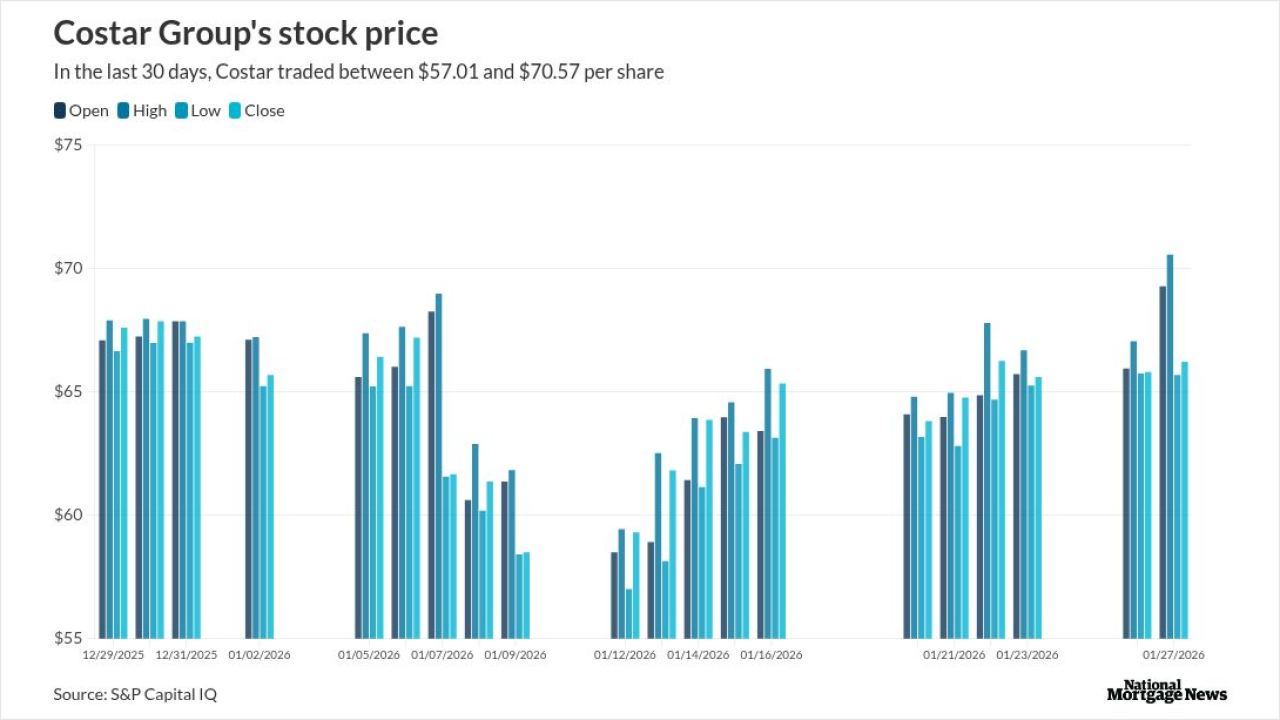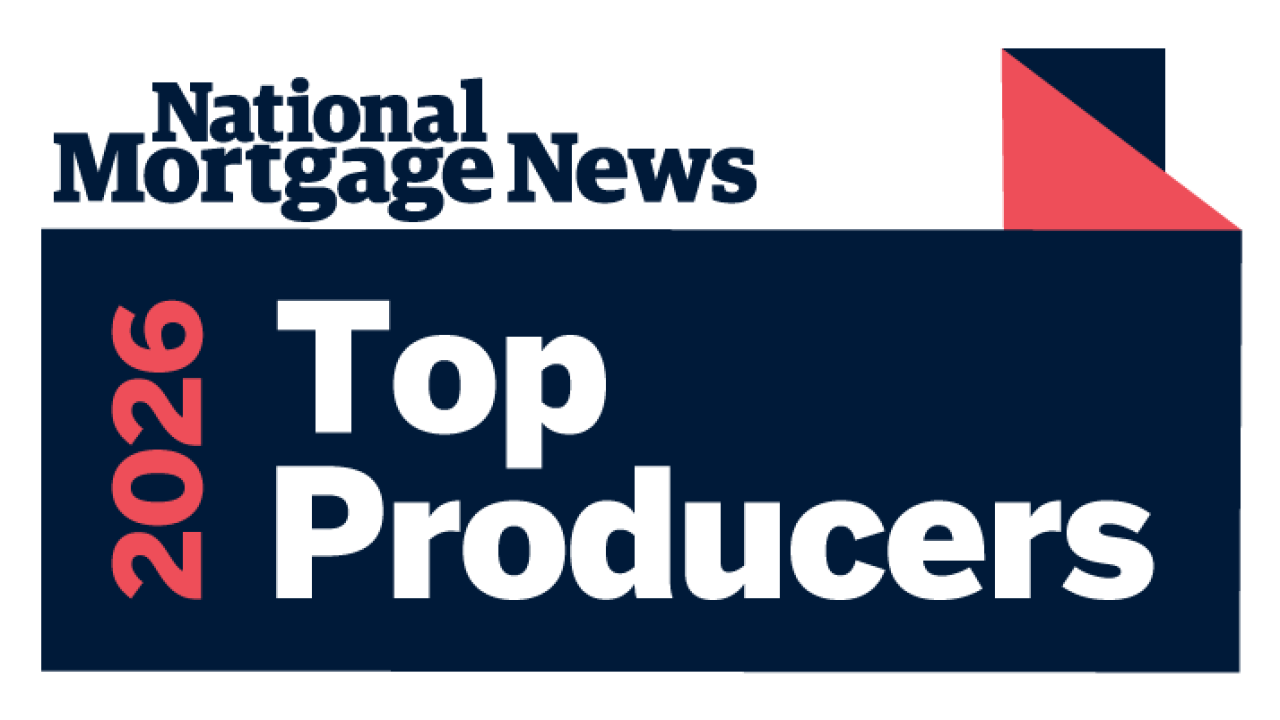Finicity, a bank data aggregator and consumer reporting agency, has a timely business strategy that likely played into its appeal to employees as one of the Best Fintechs to Work for this year.
Finicity’s application programming interfaces, which allow users to more seamlessly access another website from the one that they're on, are helping to facilitate the development of the
Thanks to its positioning on the cusp of that emerging trend, Finicity was acquired by
“We’re empowering consumers through fintech, and that’s a hot sector to be in right now,” said Andy Capener, senior vice president of marketing at Finicity. “This whole concept of how consumers experience money is becoming a bigger and bigger deal. You have a lot of businesses leveraging big data, so it’s about time consumers can.”
Finicity’s technology can, for example, help mortgage applicants instantly authorize
The two government-sponsored enterprises that control a large segment of the U.S. housing finance market, Fannie Mae and Freddie Mac, recently made the company one of its vendors for such verifications, which stands to exponentially increase the platform’s use.
Fintech providers have seen much growth in open banking space, said Garth Graham, a senior partner at the Stratmor Group, a mortgage industry consultancy.
“Bank data services represent a category that’s gone from a 25% to 75% lender adoption rate in the last three years,” he said.
That’s part of what makes Finicity a contender in a global market that’s taking shape as financial institutions and regulators seek ways to securely allow open banking using APIs. The Salt Lake City-based company has partnered with a host of companies outside the mortgage space to create new data sharing products.
It recently began working with
“We’re working with companies across the board in banking, mortgage, automotive, payroll, financial finance, technology, marketing and other fintechs. Open banking really is addressing all these different segments, and we work well with both the traditional financial institutions and the fintechs,” Capener said.
Recent additions to Finicity’s list of business partners include BMO Harris, Charles Schwab and TD Bank.
Mastercard plans to leverage Finicity in work it does in the European market as well as in North America, where regulators have been drawing up rules for open banking.
Finicity’s new owner has “been very diligent about looking at our data practices” and ensuring the company’s work will pass muster with regulators, Capener said.
But the company’s success so far isn’t the only draw for its employees. One thing that makes the company distinct among others in the Best Fintechs ranking is that its CEO, Steve Smith, has more tech-related experience than most others on the list.
Only Steven Powless, CEO and chair of information technology services firm CSI, has a longer tenure at his company. Smith has been with his for 20 years, and Powless has been with his for 21. Before starting Finicity, Smith worked for Megahertz, a multinational supplier of data communications products. He has used the experience he gained there and at Finicity to create an industrywide standard for secure data sharing, Capener said.

Finicity encourages employees to innovate in ways that help the company through both positive peer feedback and an annual companywide awards.
Though it listed 161 people in its Salt Lake City office at the time it submitted its data to the Best Fintechs rankings, since then it has grown to nearly 200. The company has additional employees that make up a “field team” throughout the United States, along with workers in Mumbai, for a total of about 675 employees overall.
While Finicity is now working with a larger and more established player, it holds onto its identity as a fintech. For one, becoming part of Mastercard hasn’t stopped the company from offering its
The company’s adoption of the sneakers as a symbol “started with a traditional financial services conference with a lot of suits and ties, where we wanted to express that using this type of data makes companies stand out,” Capener said.



